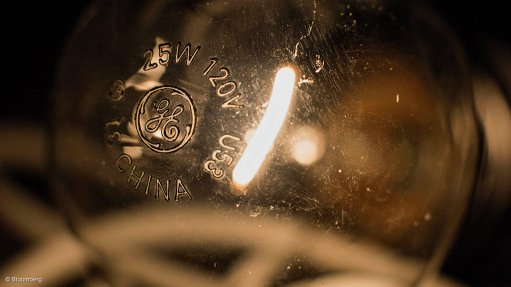
Photo by: Bloomberg
A sweeping 97% of South African businesses polled by professional services group BDO South Africa in a recent survey believe the country’s fragile electricity supply impacts negatively on investor perceptions of the country, with 56% indicating that load-shedding had negatively effected their operating costs and 51% reporting that their ability to deliver had been subsequently impaired.
“We noticed the effect it was having on our business and were curious to see the impact it had on our clients’ businesses,” BDO South Africa CEO Mark Stewart said of his company’s decision to conduct the research, which included responses from 400 of its South African clients.
A further 44% of respondents said they felt their company’s competitiveness was affected by load-shedding – a perception reinforced by the International Institute for Management Development’s (IMD’s) 2015 World Competitiveness Yearbook economic rankings, in which South Africa fell one place to fifty-third out of 61 countries, as government and business efficiency deteriorated.
IMD World Competitiveness Center director Professor Arturo Bris said South Africa’s challenges included a deteriorating education system, high youth unemployment, corruption, a lack of capacity in electricity generation and distribution and an insufficient supply of skilled engineers and technicians.
“In a country where we are already struggling to attract foreign direct investment, load-shedding further detracts from our competitiveness. We need to start investing in alternatives to keep the lights on, keep businesses operating and retain investor confidence in our country,” said Stewart.
Of the respondents polled by BDO, 41% experienced load-shedding “a few times a month”, while 19% were without power “a few times a week”, with 85% saying that load-shedding lasted between two and four hours.
Among those polled, BDO client and base metals miner Metorex stated that its information and communication technology systems, service-level agreements and deadlines were consistently being pushed to the limits with the interruption of power supply to its corporate offices.
“The impact is significant, with our other operations based in China, the Democractic Republic of the Congo and Zambia and the delivery of these core services to them [also affected],” said the group.
Of the respondents, 74% had taken action by either buying generators or investing in uninterruptible power supply systems to ensure continued operation of their businesses during load-shedding, while 54% expressed a “keen” interest in exploring renewable-energy alternatives.